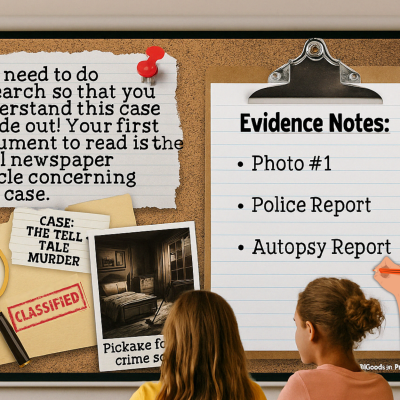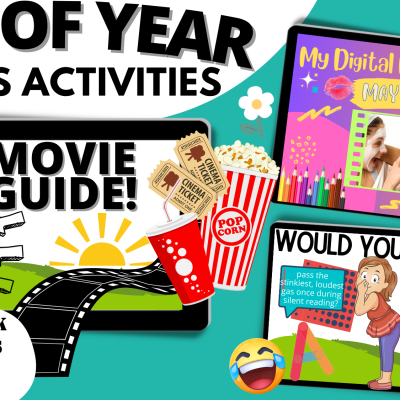DIGITAL MAPS FOR GRADES 6-8
If are new to teaching middle school, or looking to revamp and re-align your yearly curriculum for a digital hybrid or distance learning model, grab this MEGA set of FREE ELA Curriculum Maps. FULLY EDITABLE AND INCLUDES A SMART PLANNER. These quarterly smart maps are perfectly aligned and sequenced to Common Core State Standards (CCSS), which crosswalks with most state standards. And, includes a full year of suggested reading, writing, grammar, and test prep resources!
Each set of free ELA curriculum maps includes:
Save yourself a year’s worth of planning and searching for resources and focus on teaching!
- Quarterly Editable Standards
- Quarterly Editable Objectives
- Smart Calendar
- Google Classroom (or any LMS) Assignment Planner
- Daily/Weekly Note Taking: Digital Sticky Notes and Clipboard
- Quarterly Standards-Aligned, Suggested Resource Bookshelves
click to download
Curriculum is sequenced quarterly. Each quarter focuses on one of the CCSS 4 MAJOR WRITING REQUIREMENTS with reading material integrated to support the writing.
QUARTER 1: FICTION & NARRATIVE WRITING
Reading Literature
- Analyze literary elements, devices, and techniques.
- Novels
- Short films
- Passages
- Test Prep
- Constructed Response Writing
- Narrative Writing
- Summary Writing
- Literary Analysis
Writing: Narrative
- Use literary elements, devices, and techniques to craft written responses and an analysis.
- Constructed Response Writing
- Narrative Writing
- Summary Writing
- Literary Analysis
- Test Prep
QUARTER 2: NON-FICTION & ARGUMENT/DEBATE
Reading
- Analyze elements of argumentation using informational texts.
- Articles
- Passages
- Sample Essays
- Documentary Videos
- Various Research
- ProCon.org
- Debate
Writing
- Craft argumentative writing using the elements of argumentation and write responses to prompts.
- Written responses
- Argumentative Essay
QUARTER 3: NON-FICTIONAL & INFORMATIONAL TEXT AND WRITING
Reading
Students will read and analyze a variety of informational text such as informative articles from Psychology Today that focus on human behavior and tendencies such as: narcissism, stereotyping and biases, privilege, confirmation bias, and gaslighting. They will learn to analyze textual evidence, find the central idea, draw inferences, and understand the purposes and types of informative writing:
- Inform
- Explain
- Present
- Compare/Contrast
- Analyze
- Describe
- Classify
Writing
Students will use the knowledge and skills gained from the reading and learning section to craft various writings:
- Constructed Responses
- Objective Summaries
- Informative Essay
QUARTER 4: NON-FICTION-RESEARCH & FICTION REVIEW
Reading
- Articles
- Passages
- Sample essays
- Podcasts
Writing & Research Project
- Videos/Tutorials
- Design a Social Research Experiment
- Write a Research Paper
- Review Plot, Theme, Conflict, Dialogue, & Setting With Short Film







Leave a Reply